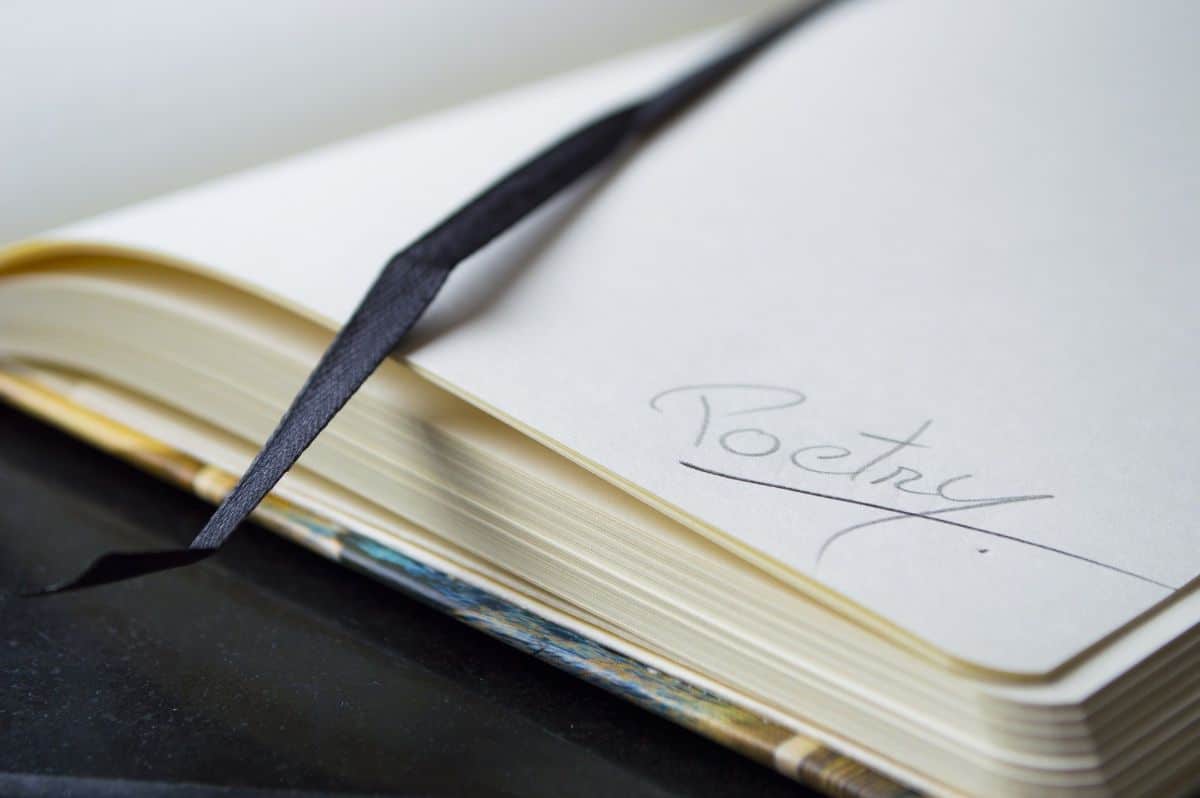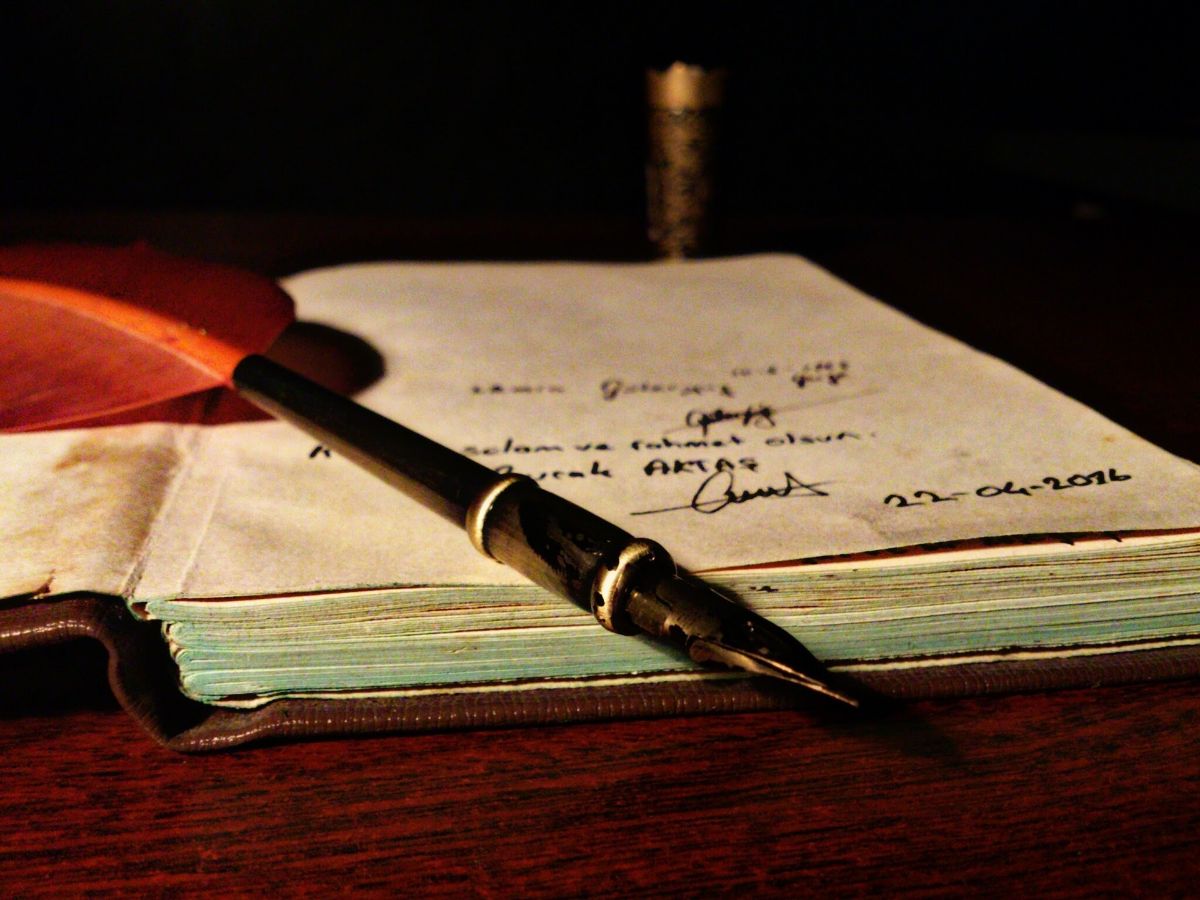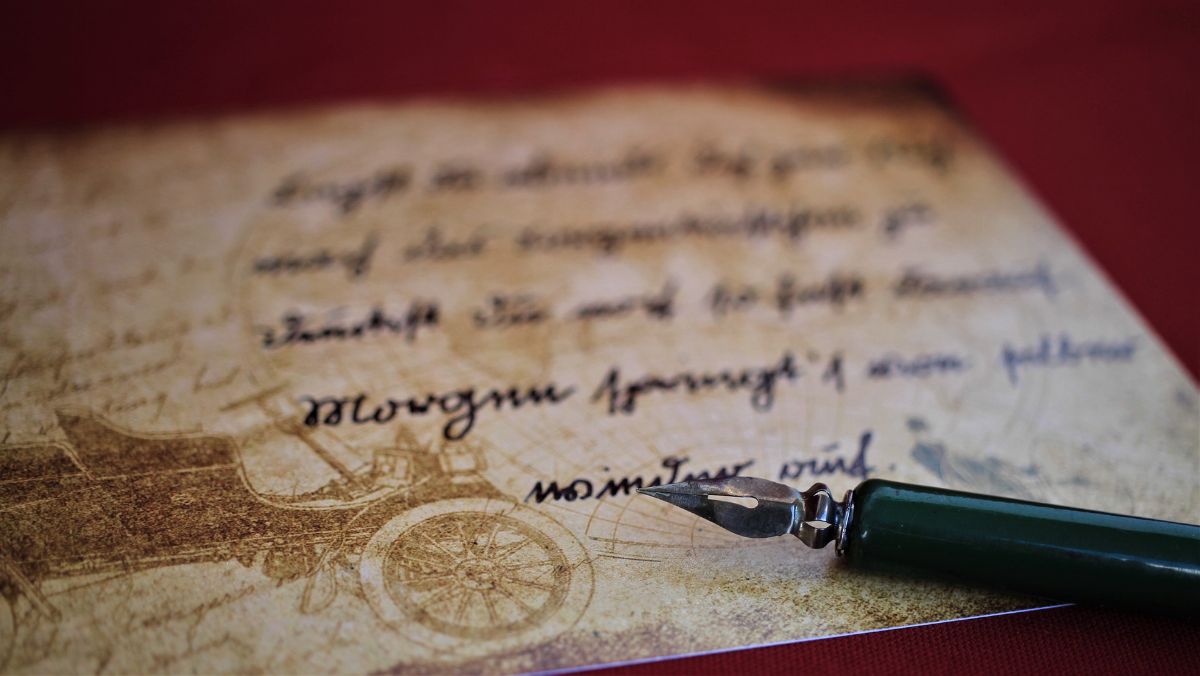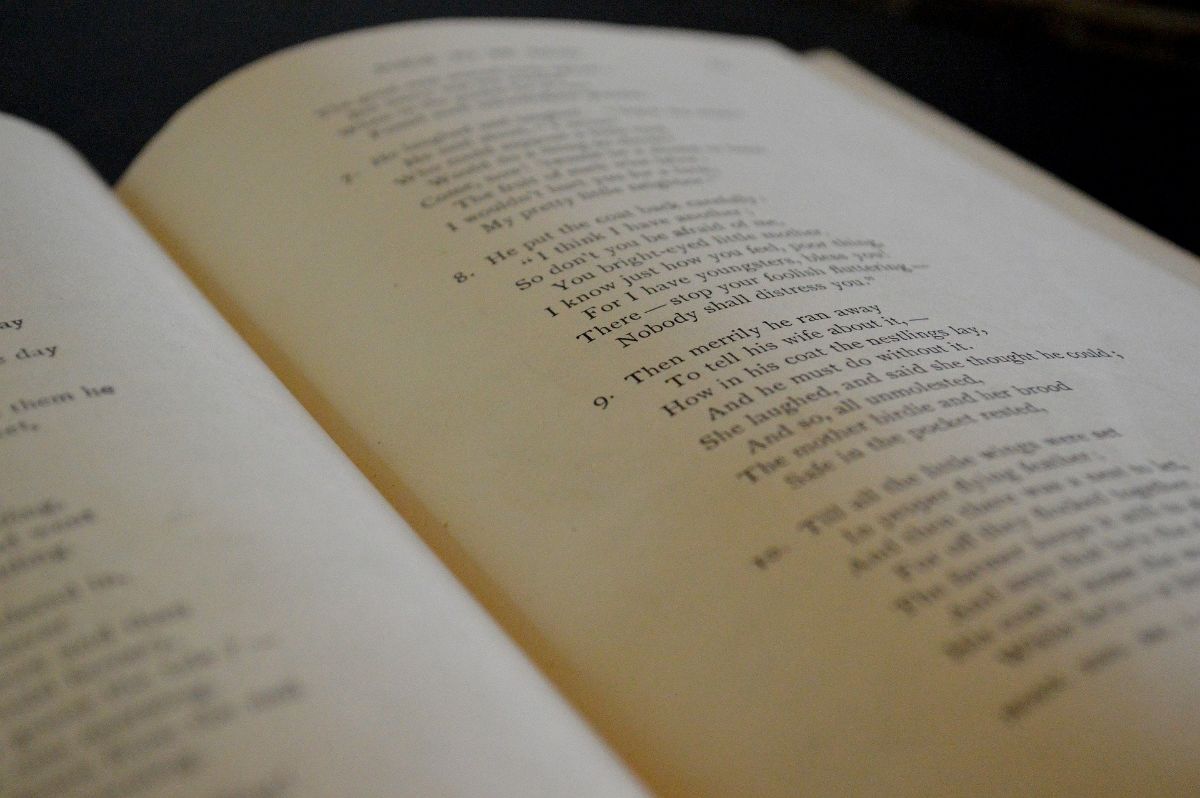
Writing poetry is not easy. There are those who have more facility, and who found it something more complicated to make it perfect. But if you want to learn how to write a poem, there are certain tips that we can give you that will help you make sure that is not a problem.
Do you want to know what are the keys to writing poetry? How to write a poem of love, nostalgia or fantasy? Then do not hesitate, below we show you everything you need to know.
Write a poem, what should you know before doing it?

Before launching into writing a poem, there are some basic concepts that you cannot ignore, because after all they are the essence of poetry. One of those concepts has to do with the elements of a poem. Do you know what it is made of?
The poems are made up of three elements important:
- A verse, which is each line that the poem has.
- A stanza, which is actually a set of verses that could be read in one go and look like a paragraph.
- A rhyme, which is what the verses coincide on. Now, within the rhyme you can find an assonance, when only the vowels coincide; consonant, when vowels and consonants coincide; and free verse, when you do not rhyme any verse (this is the most current). An example might be "Although the monkey dresses in silk / cute stays". As you can see, the end of the verse coincides in each one, and that is called a consonant rhyme. On the other hand, if we say «When midnight came / and the Child burst into tears, / the hundred beasts woke up / and the stable became alive ... / and they approached / and stretched out to the Child / their hundred necks, yearning / like a shaken forest. If you pay attention, this poem by Gabriela Mistral (Romance of the stable of Bethlehem) gives us as assonance Child, alive and shaken; just as they woke up and getting closer. They end in the vowels, but not in the consonants.
Other elements to consider
Another of the basic concepts of how to write a poem is the metrics. This is the sum of syllables in a verse and it is very important because each verse must have a number of syllables related to the last word. If that word is:
- Acute: one more syllable.
- Llana: stays where you have.
- Esdrújula: one syllable is subtracted.
Of course, then they can be given poetic licenses such as the synalepha, the syneresis, the hiatus, etc. that would change the meter of a verse or the entire poem.
Finally, you also have to take the structure into account. That is, how the different verses are going to rhyme and be constructed. It must be said that there are several types, and each one can feel more comfortable with one or the other.
Tips for writing a poem

When facing the blank page, you must be very clear how to write a poem, and that goes through the following:
Know what you are going to write the poem about
Writing a love poem is not the same as a hate poem. Nor is it the same to write a realistic poem than a fantasy poem, or one with a specific theme. Before launching yourself, you have to know what you want to write about, because putting some sentences that rhyme without further ado is done by anyone, but that rhyme and tell something is already more complicated.
Mastering the lyrical language
Poetry is not a novel in which you can expand what you want, nor is it a short story where you tell a story with a limited number of words. In a poem you have to make the words themselves beautiful, not only because of the words, but also because of the rhythm, the sound ...
Be clear about the message and the objective you are looking for
It is important that, in addition to knowing what to write about, you also keep in mind what do you want to convey, what is the goal for writing that poem, or what you want the reader to feel when he reads to you.
Use metaphors if you need them
Metaphors are a characteristic element of poetry, and they serve to beautify the language. Now, go from those that are already known and that everyone makes and creates your own. It is fine to base yourself on them, but "pearls of dew" or "restrain passions" have already been used a lot, so they are not going to delight your audience.
Control all aspects of a poem

We are talking specifically about rhyme, meter, number of verses, structure ... Before you get down, determine how you want the poem to be in order to stick to it. Thus, you can give more emphasis to a part, or tell what you want in the poem as if it had a beginning, middle and end.
Beware of punctuation marks
That you are writing a poem does not mean that punctuation marks should not be respected. Although there may be more flexibility, the truth is that you also have to use them, especially to give pauses between verses and stanzas.
Otherwise, you may find that your message is so long that the reader does not even remember how it started, or that it pauses to breathe and cuts the overall meaning of the poetry.
Once you finish, recite the poem
It's the easiest way to see if the poem really "has life." What is that? Well, it is about knowing if it is sound, if it has rhythm, intonation, meaning and if it really makes you evoke something. If when you read it it does not seem to have life or to hold, do not be discouraged and try again.
The important thing and what you should try is to tell in those few lines everything you want, and that each word carries a load of feeling that is what makes the whole set "poetic".
Study poetry
The last piece of advice we give you is that study everything that has to do with the literary genre of poetry. The only way to get better at your poems and to be a scholar on the subject is by learning about it. Therefore, it is not enough just to read poems and see how other authors of yesteryear and now made poetry, but you need to know what the foundations, history and transformations it has undergone are to discover your own path.
Do you dare now to write a poem?